Perhaps it was Colonel Mustard in the Baltic Sea with the lead pipe after all. It turns out that no one has an actual clue as to who blew up the Nord Stream pipelines nearly three months ago. Western governments quickly blamed Russia for the attack, accusing Vladimir Putin of engaging in scare tactics to force the EU and US to stop supporting Ukraine.
Now, sources tell the Washington Post that they don’t actually have any direct evidence Russia was involved — although they’re not ruling it out either:
“There is no evidence at this point that Russia was behind the sabotage,” said one European official, echoing the assessment of 23 diplomatic and intelligence officials in nine countries interviewed in recent weeks.
Some went so far as to say they didn’t think Russia was responsible. Others who still consider Russia a prime suspect said positively attributing the attack — to any country — may be impossible.
In the months after the explosions, which resulted in what was probably one of the largest-ever single releases of methane gas, investigators have combed through debris and analyzed explosives residue recovered from the bed of the Baltic Sea. Seismologists have pinpointed the timing of three explosions on Sept. 26, which caused four leaks on the Nord Stream 1 and 2 pipelines.
No one doubts that the damage was deliberate. An official with the German government, which is conducting its own investigation, said explosives appear to have been placed on the outside of the structures.
But even those with inside knowledge of the forensic details don’t conclusively tie Russia to the attack, officials said, speaking on the condition of anonymity to share information about the progress of the investigation, some of which is based on classified intelligence.
Greeeaaaat. Fortunately, the initial accusations didn’t escalate military action, but jumping to these sorts of conclusions could easily have had that result.
That leaves us with the question again: who did blow up the Nord Stream pipelines? As the Post notes, someone put explosives on the pipes, so this was no accident. Any attempt to solve the crime comes down to the usual considerations — motive, opportunity, and capability.
Even then, Russia still seems to be a viable suspect. They certainly have the capability for such an operation, and had the opportunity as well. Russian ships and subs had been spotted nearby shortly before the sabotage. Putin has attempted to bully the EU by using energy for extortion, and could have ordered the destruction as a way to signal what could happen to European energy infrastructure if Russia got pushed into a corner.
That theory always had a couple of problems, however. Blowing up Nord Stream would have been a strange way to extort the EU, as it would have ended an efficient transmission system that benefited Russian gas exporters most. Putin could simply turn off the spigots in Russia to accomplish that, and did, rather than go to the trouble of blowing up his new high-capacity pipelines. Furthermore, while Putin has no problem rattling his sabers in the direction of NATO (even his nuclear sabre), he has been veeeeerrrrry careful and disciplined about avoiding any military operation bleed-over into NATO territory. (So far, anyway.) An attack in the Baltic Sea on European infrastructure would only make sense as part of a larger military attack on Europe itself, and yet this was just a one-off.
So if it’s not Russia, then who did blow up the pipeline? The motive then would likely be to deny Russia any direct access to European energy markets. That motive would likely point to the Ukrainians, but that doesn’t make much sense either. First, they may not have that kind of capability, especially in the Baltic Sea, to which they have no direct access. They can barely operate in the Black Sea at the moment. Plus, whatever offensive and sabotage capabilities they have at the moment would be directed at the Russian military and its lines of communication.
Who else? Plenty of people pointed the finger at the US, and we do have the requisite motive, capability, and opportunity. Both Republican and Democrat administrations have opposed Nord Stream in the past, and we have a definite interest in breaking Putin’s extortionate grip on our NATO partners.
However, the environmental impact of such an operation alone — it’s supposedly the worst single “climate-change” incident in recent memory, thanks to the release of so much methane — would have likely soured Joe Biden and his team on this idea. Plus, the reverse of the escalation issue applies here, too. The White House has carefully calculated military support for Ukraine to ensure it doesn’t include military action, and this would have carried a real risk of open war. The man who abandoned 14,000 Americans in Afghanistan likely wouldn’t have had the stomach to roll those dice on a military attack on Russian pipelines.
So who does that leave? Any number of possibilities in the EU, although clearly not Germany and likely not France. Poland and the Baltic States might have wanted to cut Russia out of Europe’s energy future entirely as a defense measure, considering that they might be the next sacrificed to Putin’s nat-gas blackmail if Ukraine falls. The UK might have decided to act to cut off Putin’s future revenues, too. Germany and the central republics of the EU almost certainly didn’t want that, so it wouldn’t be them (and the central republics wouldn’t have opportunity or capability anyway). One of the Scandinavian countries might have done it, but they probably worry less about Russian energy sales, and are usually not inclined to escalate matters with Russia.
I’d still bet on Russia, but I’d bet more heavily on never finding out for sure. About the only thing on which we can safely bet is more jumping to conclusions by all governments involved.
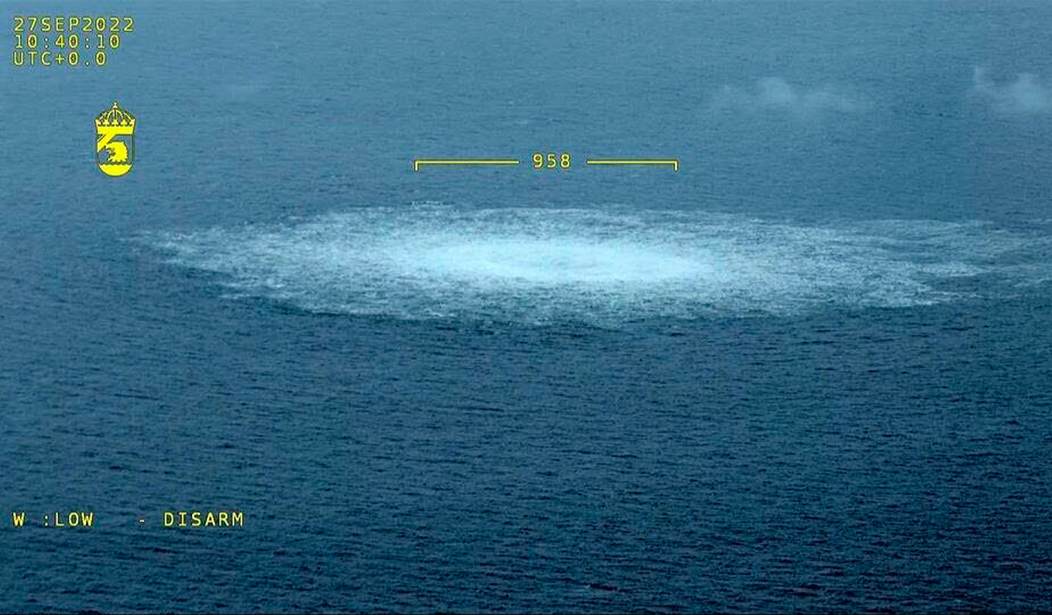
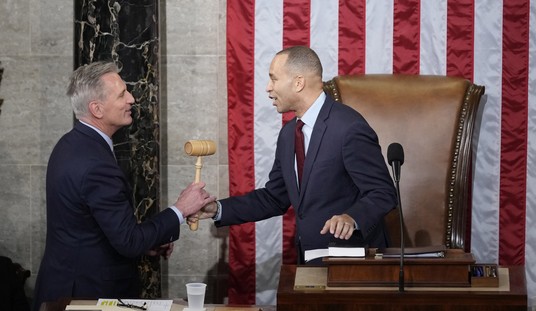
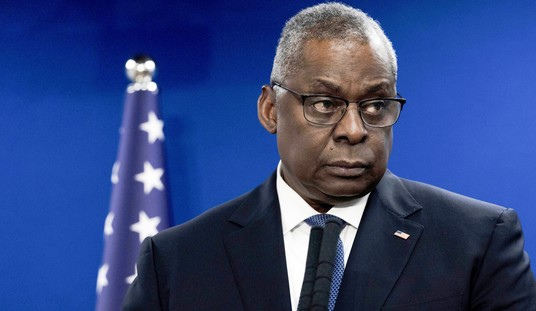
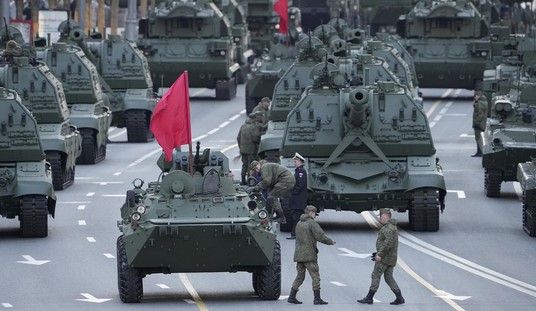
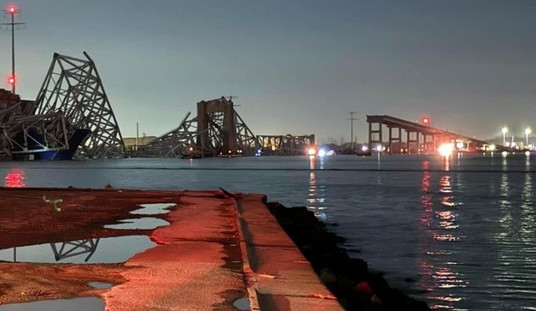
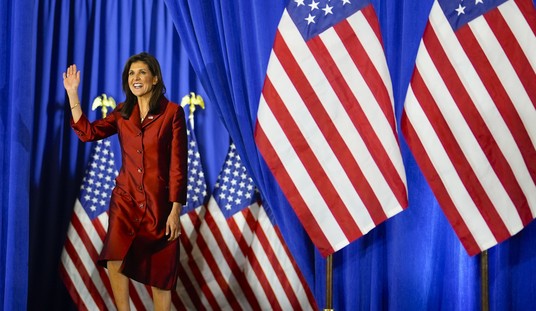

Join the conversation as a VIP Member